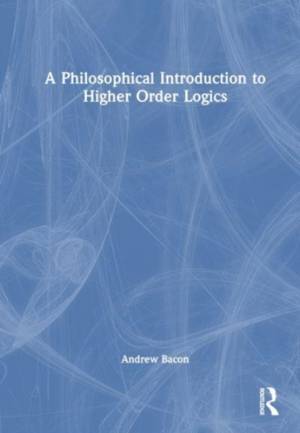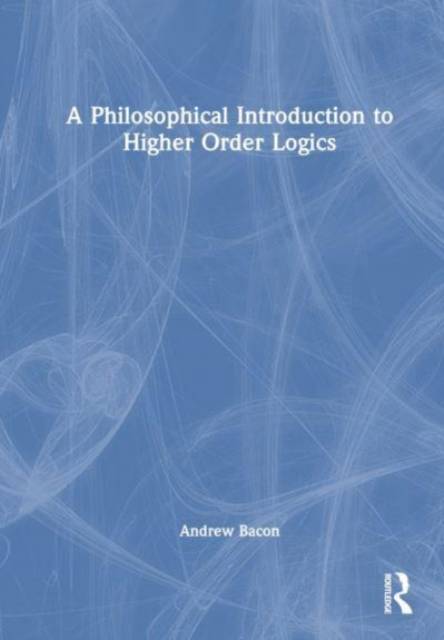
- Afhalen na 1 uur in een winkel met voorraad
- Gratis thuislevering in België vanaf € 30
- Ruim aanbod met 7 miljoen producten
- Afhalen na 1 uur in een winkel met voorraad
- Gratis thuislevering in België vanaf € 30
- Ruim aanbod met 7 miljoen producten
Omschrijving
This is the first comprehensive textbook on higher-order logic that is written specifically to introduce the subject matter to graduate students in philosophy. The book covers both the formal aspects of higher-order languages--their model theory and proof theory, the theory of λ-abstraction and its generalizations--and their philosophical applications, especially to the topics of modality and propositional granularity. The book has a strong focus on non-extensional higher-order logics, making it more appropriate for foundational metaphysics than other introductions to the subject from computer science, mathematics, and linguistics.
A Philosophical Introduction to Higher-order Logics assumes only that readers have a basic knowledge of first-order logic. With an emphasis on exercises, it can be used as a textbook though is also ideal for self-study.
Author Andrew Bacon organizes the book's 18 chapters around four main parts:
I. Typed Language
II. Higher-Order Languages
III. General Higher-Order Languages
IV. Higher-Order Model Theory
In addition, two appendices cover the Curry-Howard isomorphism and its applications for modeling propositional structure. Each chapter includes exercises that move from easier to more difficult, strategically placed throughout the chapter, and concludes with an annotated suggested reading list providing graduate students with most valuable additional resources.
Key Features:
- Is the first comprehensive introduction to higher-order logic as a grounding for addressing problems in metaphysics
- Introduces the basic formal tools that are needed to theorize in, and model, higher-order languages
- Offers an abundance of
- Simple exercises throughout the book, serving as comprehension checks on basic concepts and definitions
- More difficult exercises designed to facilitate long-term learning - Contains annotated sections on further reading, pointing the reader to related literature, learning resources, and historical context
Specificaties
Betrokkenen
- Auteur(s):
- Uitgeverij:
Inhoud
- Aantal bladzijden:
- 464
- Taal:
- Engels
Eigenschappen
- Productcode (EAN):
- 9780367483029
- Verschijningsdatum:
- 29/09/2023
- Uitvoering:
- Hardcover
- Formaat:
- Genaaid
- Afmetingen:
- 170 mm x 244 mm
- Gewicht:
- 966 g

Alleen bij Standaard Boekhandel
Beoordelingen
We publiceren alleen reviews die voldoen aan de voorwaarden voor reviews. Bekijk onze voorwaarden voor reviews.











